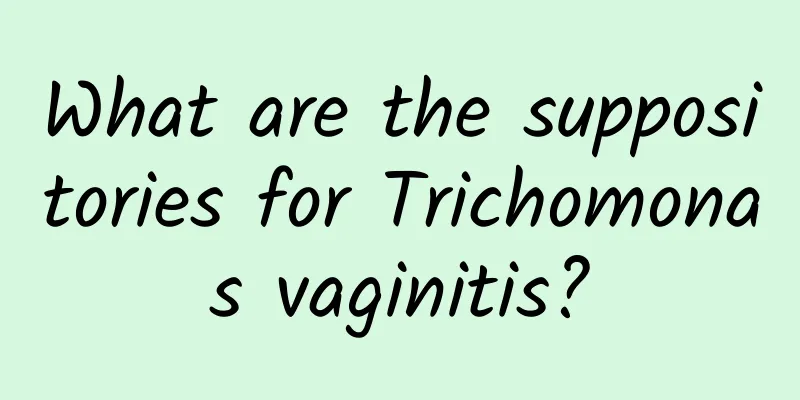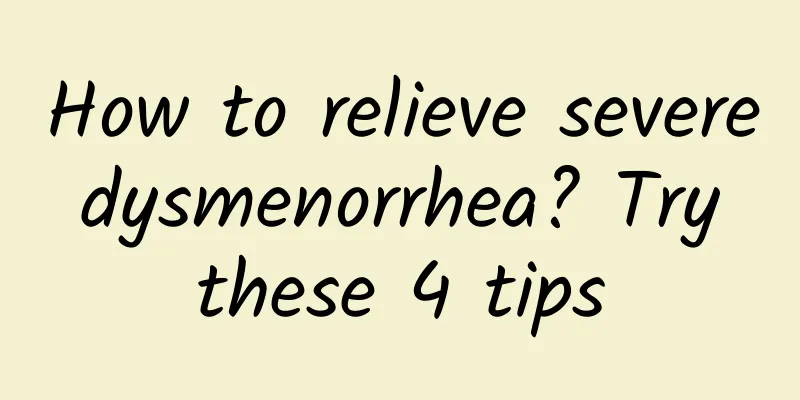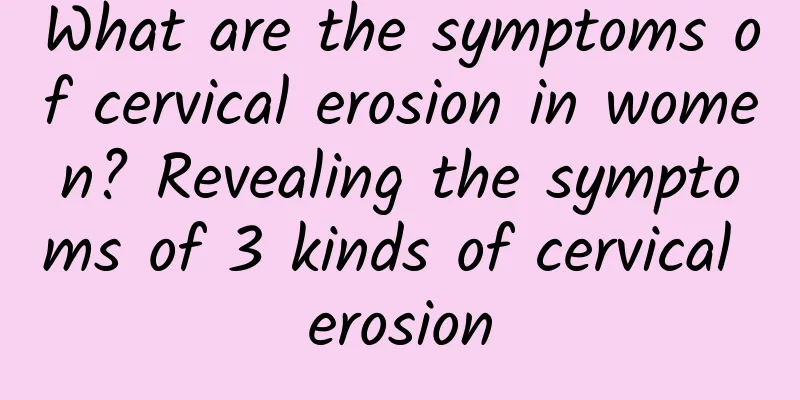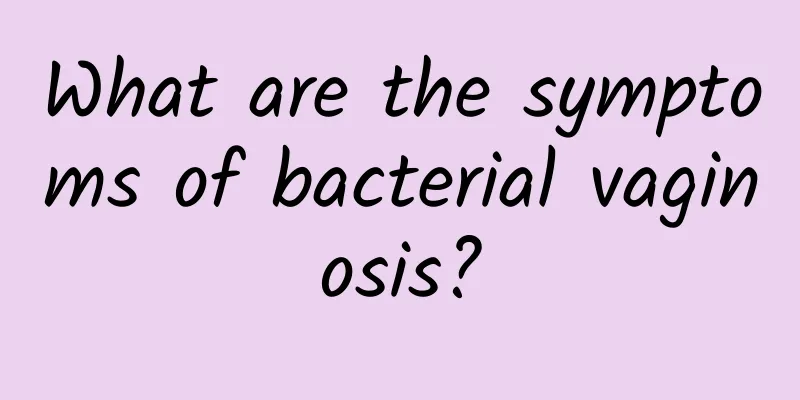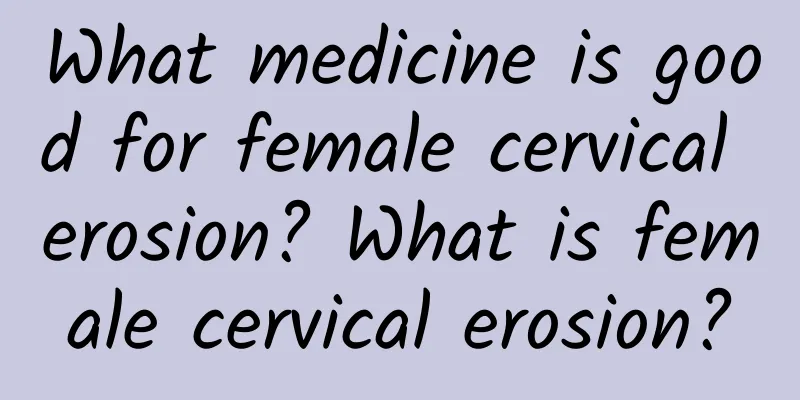What are the causes of uterine cysts?
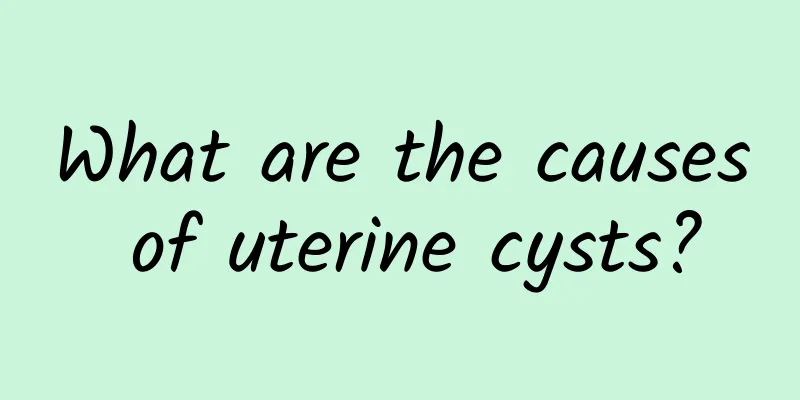
|
The formation of uterine cysts may be related to a variety of factors, including genetic factors, environmental influences, and physiological changes. Genetic factors play an important role in the formation of uterine cysts. If there is a history of uterine cysts in the family, the individual's risk will increase. Environmental factors, such as exposure to chemicals, unhealthy lifestyles and eating habits, may also have an impact on the formation of cysts. Physiological factors, including hormone disorders in the body, play a role in promoting the appearance of cysts. When the estrogen level in the body is too high, it can promote abnormal proliferation of endometrial cells, leading to the formation of cysts. Tissue damage caused by trauma and poor scar healing may cause abnormal proliferation of local tissues and develop into cysts. In addition, pathological factors such as chronic inflammation and immune system disorders may also increase the risk of cysts. In order to effectively manage and prevent uterine cysts, it is crucial to balance hormone levels. Improving lifestyle through dietary adjustments and exercise can effectively promote normal hormone secretion. For example, regular physical exercise can help regulate hormones in the body, and appropriate weight loss may reduce the risk of cysts. In terms of diet, consuming more fiber-rich foods, such as whole grains, fruits and vegetables, can promote the elimination of waste in the body and reduce the risk of hormone imbalance. Regular examinations and monitoring of physical changes can help detect potential problems early, thereby facilitating the implementation of timely and appropriate treatment strategies. For people with high genetic risks, understanding family medical history and taking preventive examinations early is also a positive measure. In order to effectively manage and prevent uterine cysts, it is crucial to balance hormone levels. Improving lifestyle through dietary adjustments and exercise can effectively promote normal hormone secretion. For example, regular physical exercise can help regulate hormones in the body, and appropriate weight loss may reduce the risk of cysts. In terms of diet, consuming more fiber-rich foods, such as whole grains, fruits and vegetables, can promote the elimination of waste in the body and reduce the risk of hormone imbalance. Regular examinations and monitoring of physical changes can help detect potential problems early, thereby facilitating the implementation of timely and appropriate treatment strategies. For people with high genetic risks, understanding family medical history and taking preventive examinations early is also a positive measure. Medical treatments such as medication can effectively regulate hormones in the body, such as the use of birth control pills to control menstrual cycles and hormone levels. Surgical treatments such as laparoscopic surgery can directly remove larger cysts, while ultrasound-guided puncture and drainage is an effective treatment for cysts with excessive fluid components. Through multidisciplinary treatments, better medical results can be achieved and the impact of cysts on health can be reduced. During the medical process, patients should maintain active communication with their doctors, understand and choose a treatment plan that suits them, and effectively control the development of cysts and the occurrence of complications. |
<<: Can I get pregnant if I haven't had my period after having an abortion?
>>: What are the dangers of uterine cysts?
Recommend
How to treat pelvic inflammatory disease
Pelvic inflammatory disease is a common gynecolog...
Artificial induction is more suitable for mid-pregnancy
Commonly used methods of artificial induction of ...
Which hospital is better for treating pelvic peritonitis?
Pelvic peritonitis is the most painful disease fo...
Chang Gung Yongqing Cup Road Race starts on October 7th GO
To live, you must move. To be healthy, you must m...
What are the family prevention and treatment methods for adnexitis?
Family prevention and treatment is one of the bas...
Will the cervix still enlarge after menopause?
The cervix may still be enlarged after menopause,...
How to treat chocolate cyst
Chocolate cysts are also called ovarian endometri...
What to do if you reach menopause at the age of 40
Menopause in your forties may be a sign of premat...
What harm will irregular menstruation cause?
Among the gynecological diseases of women, irregu...
Can a girl who has had an abortion be found out during a premarital checkup? It's not too late to know now
Today I want to talk to you about a sensitive but...
Overview of cervical precancerous lesions
Cervical precancerous lesions are a major killer ...
Pay attention to the prevention of irregular menstruation during menstruation
The prevention of irregular menstruation can be c...
Postoperative medication for cervical precancerous lesions
Cervical precancerous lesions are a relatively co...
Chinese patent medicine for the treatment of pelvic effusion
In the treatment of diseases, not only Western me...
What are the symptoms of vaginitis?
Common symptoms of vaginitis include the followin...



